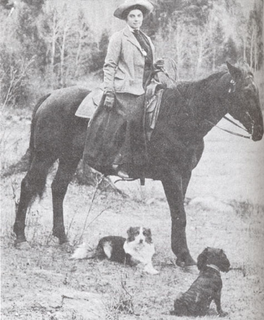A Quote by Victor Hugo
We would be ashamed of our best behavior if the people knew the motives of our behaving so.
Related Quotes
I didn't just start with ...local city officials because I knew that they would understand the problem. I started with them because I knew that our cities, towns and counties would be a key part of the solution to this issue. ...there is no one-size-fits all policy or program that can solve this problem. And Washington certainly does not have all the answers. Instead, many of the best, most innovative, most effective solutions start in our city halls and our towns and our county councils.
Nothing can tell us so much about the general lawlessness of humanity as a perfect acquaintance with our own immoderate behavior. If we would think over our own impulses, we would recognize in our own souls the guiding principle of all vices which we reproach in other people; and if it is not in our very actions, it will be present at least in our impulses. There is no malice that self-love will not offer to our spirits so that we may exploit any occasion, and there are few people virtuous enough not to be tempted.
Now imagine a world in which everyone, but especially people with power and influence, holds an expanded view of our place in the cosmos. With that perspective, our problems would shrink-or never arise at all-and we could celebrate our earthly differences while shunning the behavior of our predecessors who slaughtered each other because of them.
Before we start anything creatively, we have a firm understanding of our objective and our frame of mind for the campaign. Who's our audience, and what's their day-to-day behavior? How can we complement those behaviors? How is our message more than an interruption? Why would people care about what we're saying?





































